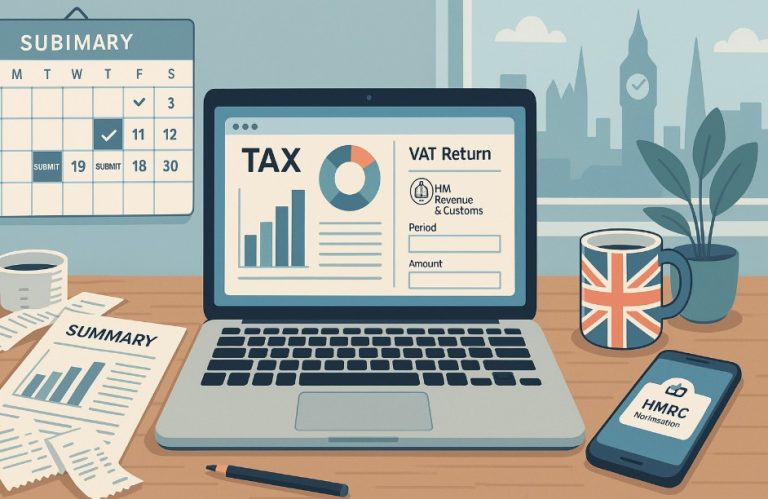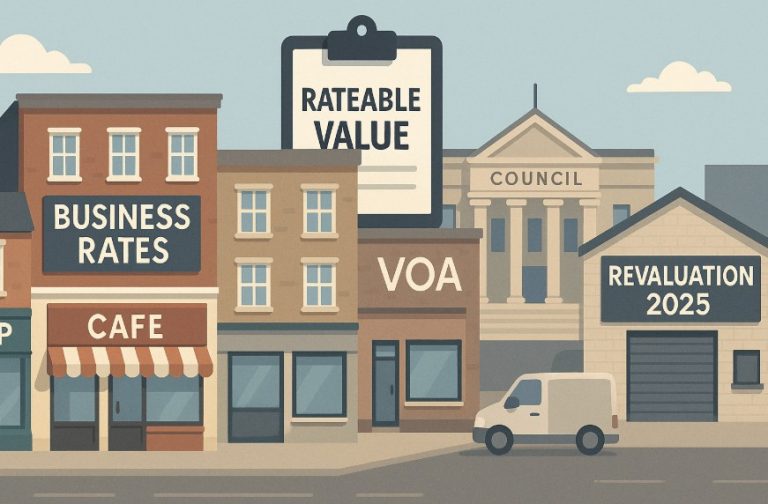DWP Fuel Allowance – What Pensioners in the UK Need to Know for 2025/26?
Are you a pensioner wondering what support is available to help cover rising energy bills this winter? Has the recent change in Winter Fuel Payment eligibility left you confused?
The DWP fuel allowance, more formally known as the Winter Fuel Payment, is a long-standing initiative provided by the UK government to help pensioners manage the financial strain of heating their homes during colder months.
In 2025/26, this payment will be undergoing significant changes. The allowance, which was once universal, is now being means-tested in England and Wales.
Pensioners with a taxable income of £35,000 or below will receive the payment automatically and in full, while those with incomes above this threshold will still receive it but will have the amount reclaimed via HMRC.
This shift marks a major policy reversal from the 2024/25 approach, where the payment was limited only to pensioners on income-related benefits like Pension Credit. Now, the government aims to balance targeted support for those most in need while ensuring fiscal responsibility.
Who Is Eligible for the Winter Fuel Payment in 2025/26?

The revised scheme expands eligibility for millions of pensioners in England and Wales, ensuring that a majority of older people on modest incomes are supported. To qualify, the following criteria apply:
You must have reached State Pension age by the end of the qualifying week, which for the upcoming winter is 15 to 21 September 2025. Additionally, you must have been ordinarily resident in the UK during that week.
Unlike previous systems that included nearly all pensioners regardless of financial status, this scheme is now based on individual taxable income.
If your annual taxable income is £35,000 or less, you will receive the full Winter Fuel Payment automatically. Those with higher taxable incomes will still receive the payment upfront, but the amount will be recouped through taxation.
According to the Treasury, approximately nine million pensioners across England and Wales will receive the payment, covering more than three-quarters of the retired population.
This approach, officials say, better targets those who need help the most without burdening the public finances.
How Much Is the Winter Fuel Payment Worth in 2025/26?
The Winter Fuel Payment varies depending on the age of the oldest person in the household. The government has maintained the same structure for the upcoming winter season:
| Age Group | Payment Per Household |
| State Pension age to 79 | £200 |
| Aged 80 and over | £300 |
Where no one in the household is on income-related benefits, the payment may be split between members. For example, in a household with two pensioners aged under 80 and not receiving Pension Credit, each may receive £100.
These payments are non-taxable, but for those earning above the £35,000 threshold, the same amount will be reclaimed via PAYE or Self-Assessment, depending on how they pay tax.
What Is Included in the £35,000 Income Threshold?
To determine whether you fall below or above the income threshold, you’ll need to consider all sources of taxable income. The government has confirmed that this includes:
- State Pension and any occupational or private pensions
- Jobseeker’s Allowance (contributory)
- Employment and Support Allowance
- Widow’s benefits
- Rental income
- Savings interest (if taxable)
- Carer’s Allowance
- Statutory maternity, paternity, or adoption pay
- Incapacity Benefit
Crucially, the threshold is applied to individual taxable income, not combined household income. This means each pensioner’s eligibility is assessed separately, simplifying the calculation and administration of payments and recoveries.
How Will the Payment Be Delivered and Reclaimed?

One of the most beneficial features of the updated scheme is its automated delivery system, removing the need for manual applications in most cases.
The payment will be issued automatically to all pensioners who qualify based on age and residence during the qualifying week.
For those below the £35,000 threshold, no action is needed; the funds will be deposited directly into their bank account, typically between November and January.
For pensioners earning more than £35,000 annually, the system is equally seamless. The amount received will be recovered automatically by HM Revenue and Customs. This will happen through:
- PAYE, for pensioners receiving taxable income through pensions or employment
- Self-Assessment, for those who file an annual tax return
There is no need to register with HMRC for repayment. The process is designed to be unobtrusive and will be managed in the same way as any other income tax recovery.
Can Pensioners Choose Not to Receive the Payment?
Yes, pensioners who prefer not to receive the payment, especially those aware it would later be recouped through tax, can choose to opt out.
The Department for Work and Pensions (DWP) is currently developing a simple online system for this purpose. Further details will be announced on GOV.UK, including timelines and instructions.
This option ensures that pensioners who do not need the payment or prefer not to complicate their tax affairs can easily decline the benefit.
Why Has the Government Introduced These Changes?

These reforms are part of a broader government effort to balance social support with responsible fiscal policy. Chancellor Rachel Reeves described the changes as a “tough but right decision”, responding to both economic constraints and the need for fairness.
During Winter 2024/25, the Labour government had dramatically scaled back the Winter Fuel Payment to only 1.5 million pensioners, down from over 11 million, by limiting it to those on Pension Credit.
This policy was criticised as unfair, particularly after it was linked to fuel poverty and difficulties experienced by vulnerable pensioners during colder months.
Facing political pressure and public backlash, the government reversed this policy in mid-2025. The revised approach expands eligibility significantly while still recovering payments from wealthier pensioners.
Treasury estimates suggest that while the policy will cost £1.25 billion, it will also save around £450 million through means-testing, helping to avoid permanent borrowing.
This careful balance is part of the government’s broader commitment to meeting its fiscal rules, avoiding long-term debt while protecting those in need.
Will Devolved Nations Follow the Same Policy?
In line with constitutional arrangements, Scotland and Northern Ireland will not automatically apply the same rules. However, they will receive proportionate funding uplifts to implement their own support mechanisms.
While Northern Ireland typically mirrors DWP policy, Scotland operates its own Winter Heating Payment.
The exact details of how devolved authorities will respond to the expanded English and Welsh scheme are yet to be confirmed, but equivalent support is expected.
Are There Other Forms of Support Available for Pensioners?
Yes. The Winter Fuel Payment is only one part of the government’s wider energy support network aimed at reducing fuel poverty. Other available assistance includes:
Cold Weather Payment
This payment is triggered when the average temperature in a pensioner’s area drops to 0°C or below for seven consecutive days. Each qualifying week results in a £25 payment, issued automatically to those receiving certain benefits, such as Pension Credit.
Warm Home Discount Scheme
This scheme offers a £150 one-off discount on electricity bills for eligible pensioners and low-income households. The discount is applied directly by energy suppliers, and eligibility is determined automatically.
Triple Lock Guarantee
Pensioners will also benefit from the government’s Triple Lock, ensuring that the State Pension rises in line with the highest of inflation, wage growth, or 2.5%. This is expected to result in a £1,900 increase during this parliamentary term.
These measures combine to ensure that pensioners across the UK receive targeted, meaningful support to help manage energy and living costs.
What If I Haven’t Received My Payment?

If you believe you are eligible but have not received the Winter Fuel Payment by January 2026, you should contact the Winter Fuel Payment Centre. They will require:
- Your National Insurance Number
- Bank details
- Information about your income, benefits, or living situation
Delays can happen, particularly if you’ve recently moved, changed bank accounts, or have not received the payment in previous years.
Frequently Asked Questions
Will pensioners who earn more than £35,000 still receive the Winter Fuel Payment?
Yes, they will receive the payment automatically, but the full amount will be recovered through taxation.
Does the income threshold apply to households or individuals?
The income threshold is based on individual taxable income, not joint or household income.
What if I don’t want the payment?
You can opt out via a system being developed by the DWP. This avoids unnecessary tax recovery.
How is the income threshold determined?
It includes all taxable income, such as pensions, benefits, savings interest, and rental income.
Are Winter Fuel Payments taxable?
The payment itself is not taxed. However, it will be reclaimed from higher-income pensioners.
What happens if I move abroad?
You may still be eligible depending on your new country of residence. EEA residents may qualify.
Can I claim if I didn’t receive it last year?
If you believe you meet the new eligibility criteria, your payment should be issued automatically. Contact DWP if it doesn’t arrive.
READ MORE:







